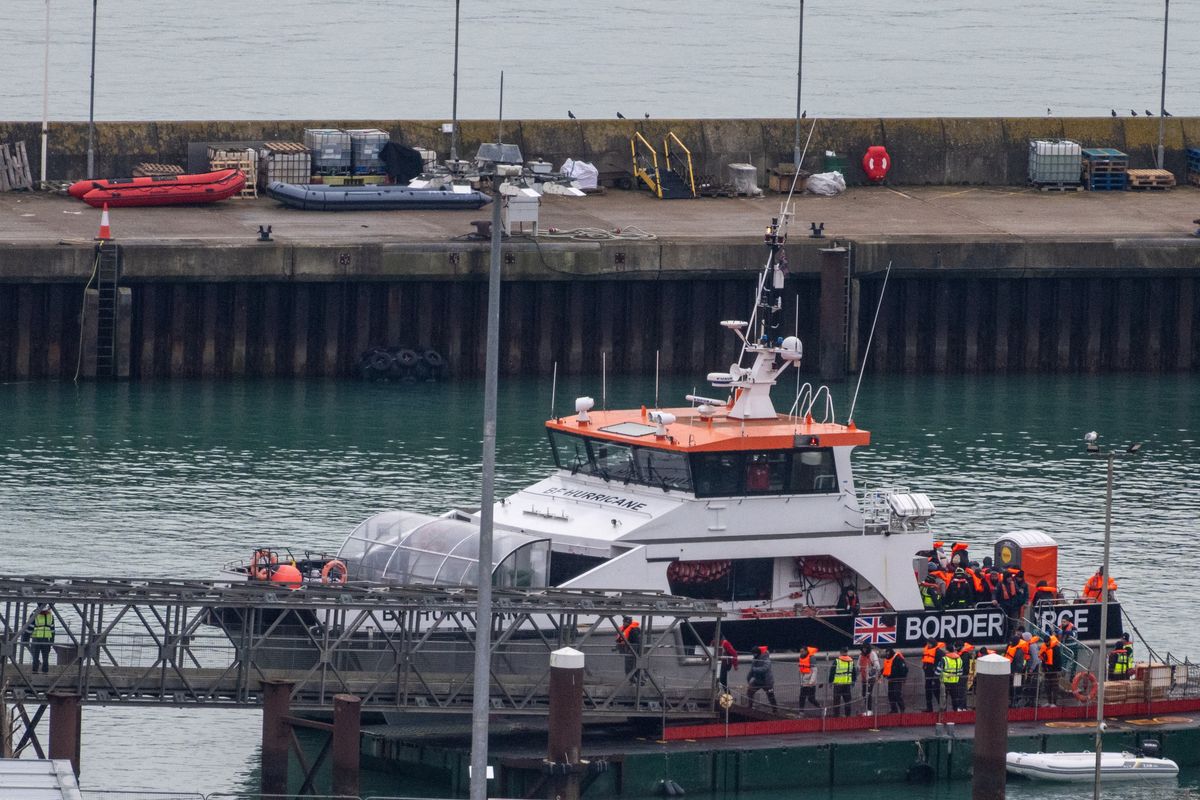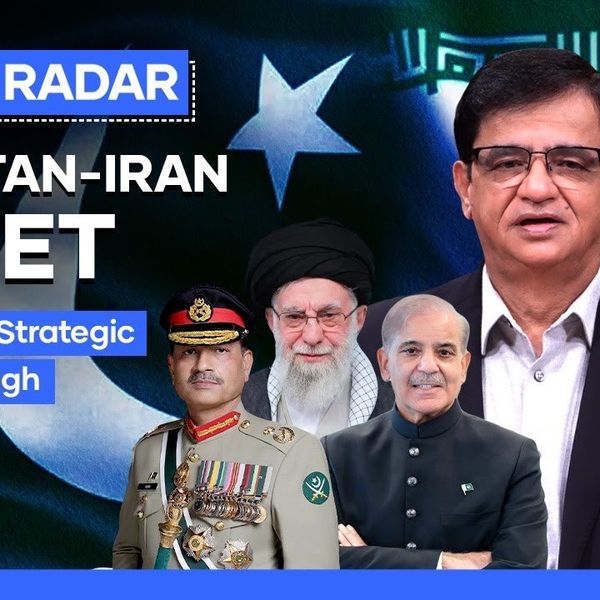Britain plans new sanctions laws to target people-smuggling gangs
Sanctions framework to be in place by end of year, include measures such as asset freezes and entry bans
Reuters
News Agency Partner
Reuters is a leading source of news and information, delivering fact-based reporting and expert analysis on international events and trends.

People, believed to be migrants, disembark from a British Border Force vessel as they arrive at the Port of Dover, in Dover, Britain, December 29, 2024.
Reuters
Government aims to disrupt gangs behind trafficking, prevent from profiting
Policy to be part of joined-up approach between foreign and interior ministries
Britain will create a new sanctions regime to target the ringleaders of illegal migration networks who facilitate and profit from smuggling tens of thousands of people into the country each year, the government said.
The British government, under huge political pressure to cut the number of people arriving in small boats from France, said the laws would work alongside other reforms to help them target the gangs behind the trafficking.
"With these new sanctions, we will target those profiting off putting lives at risk and disrupt the gangs' finances, making it harder for them to operate," interior minister Yvette Cooper said in a statement.
The policy will be the centrepiece of a speech by foreign minister David Lammy on Thursday, seeking to demonstrate a joined-up approach between the foreign and interior ministries.
The government said the sanctions framework would be in place by the end of the year and give authorities the power to ban targets from entering Britain, freeze assets held in the country, and punish others who are caught trying to do business with them.
The government did not set out how many people could be sanctioned. Any assets held overseas or transferred illicitly across borders through informal cash networks would normally not be captured by an asset freeze.
Labour Prime Minister Keir Starmer was elected in July and immediately ditched the previous Conservative government's plan to deport illegal migrants to Rwanda as a deterrent, instead switching policy focus to breaking up the gangs that organise crossings.
Migrants from North Africa, the Middle East, Europe and elsewhere pay thousands of pounds to traffickers for places in small inflatable boats that then try to navigate one of the world's busiest shipping channels to reach the British coast.
Over 36,800 people made the crossing in 2024, a 25% year-on-year increase, according to government data. Dozens have died trying to make the journey.










Comments
See what people are discussing